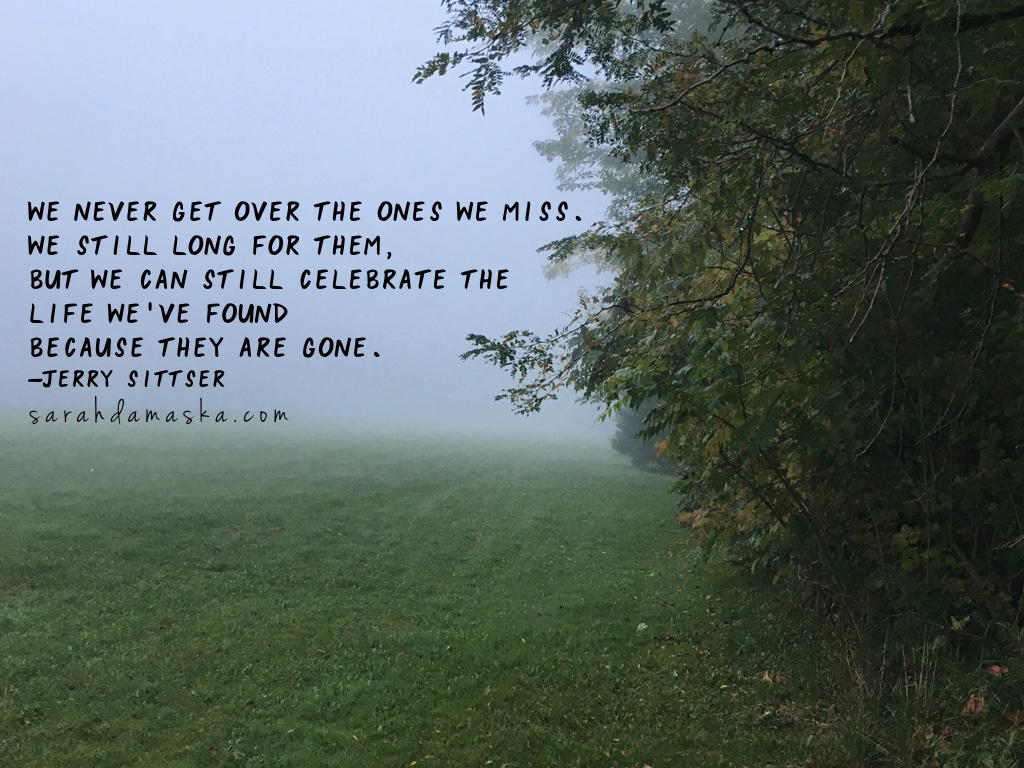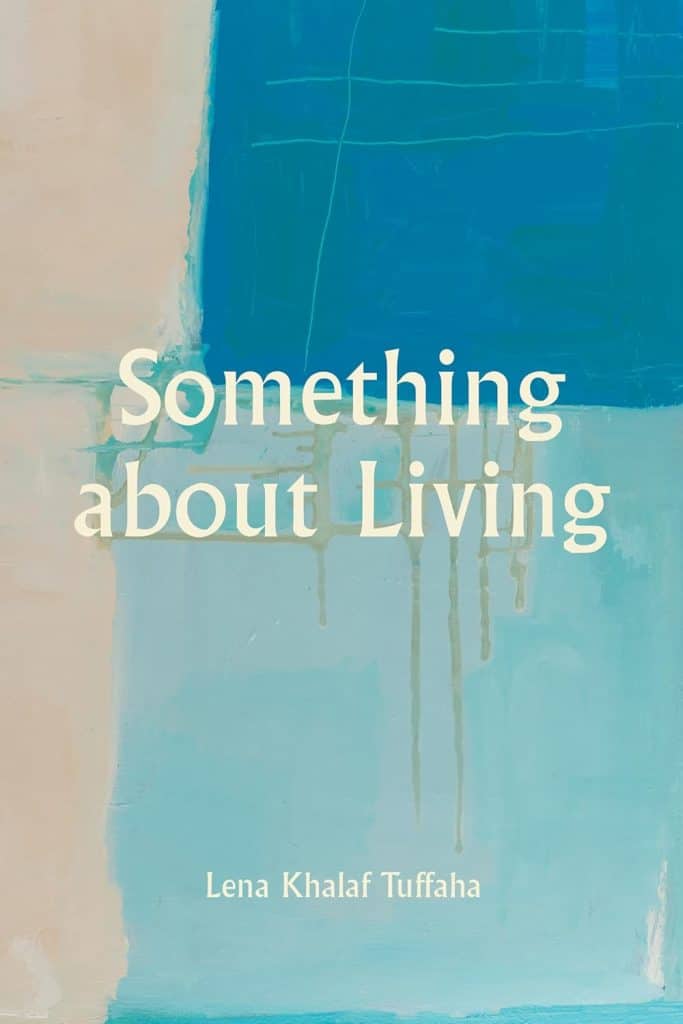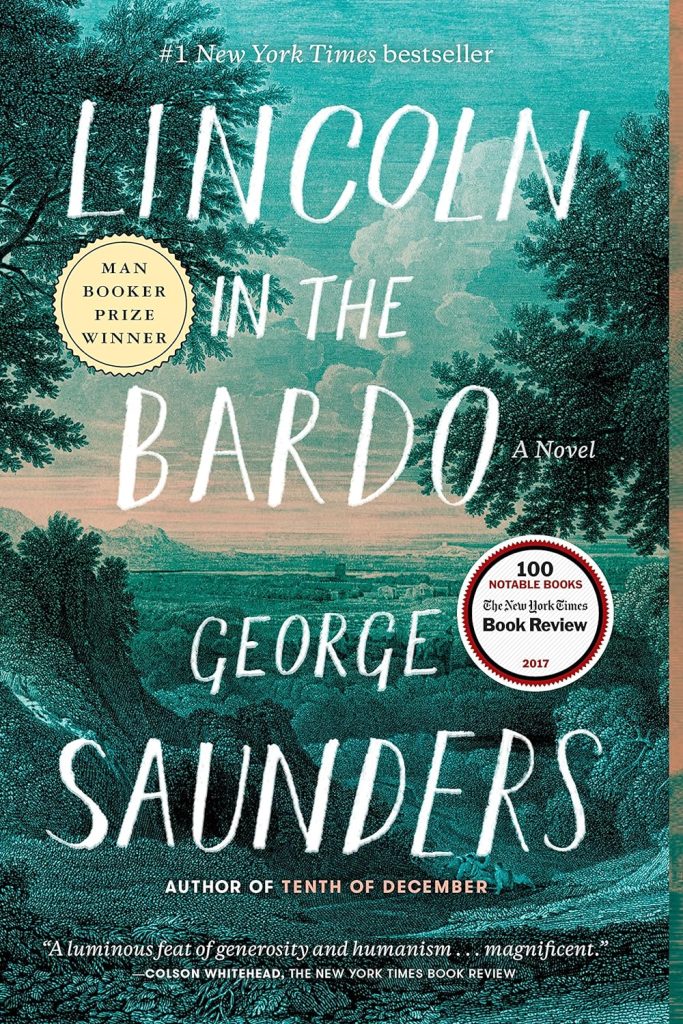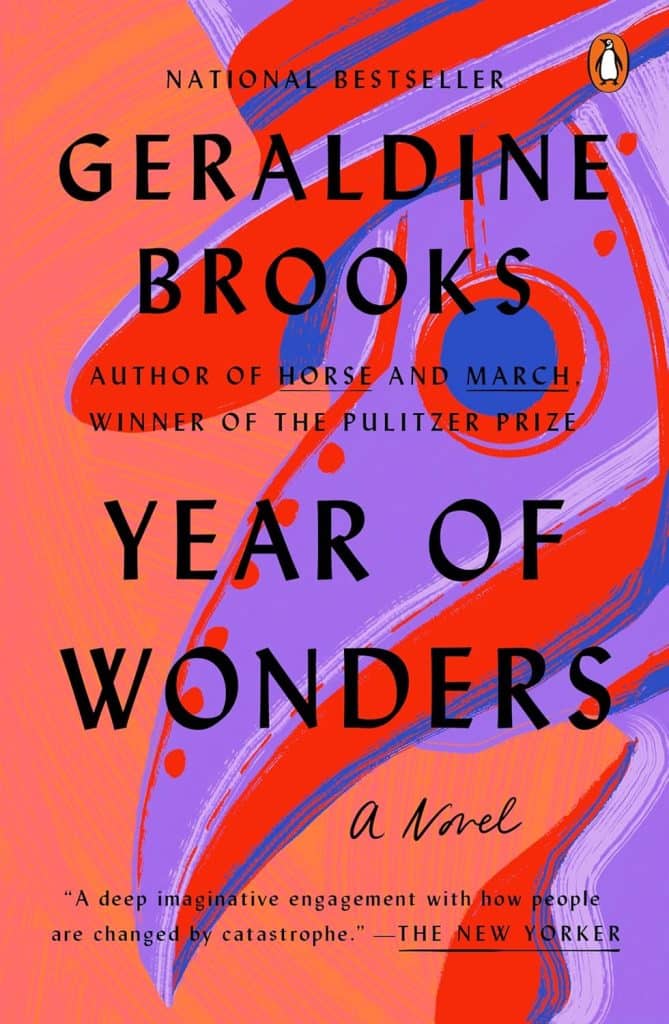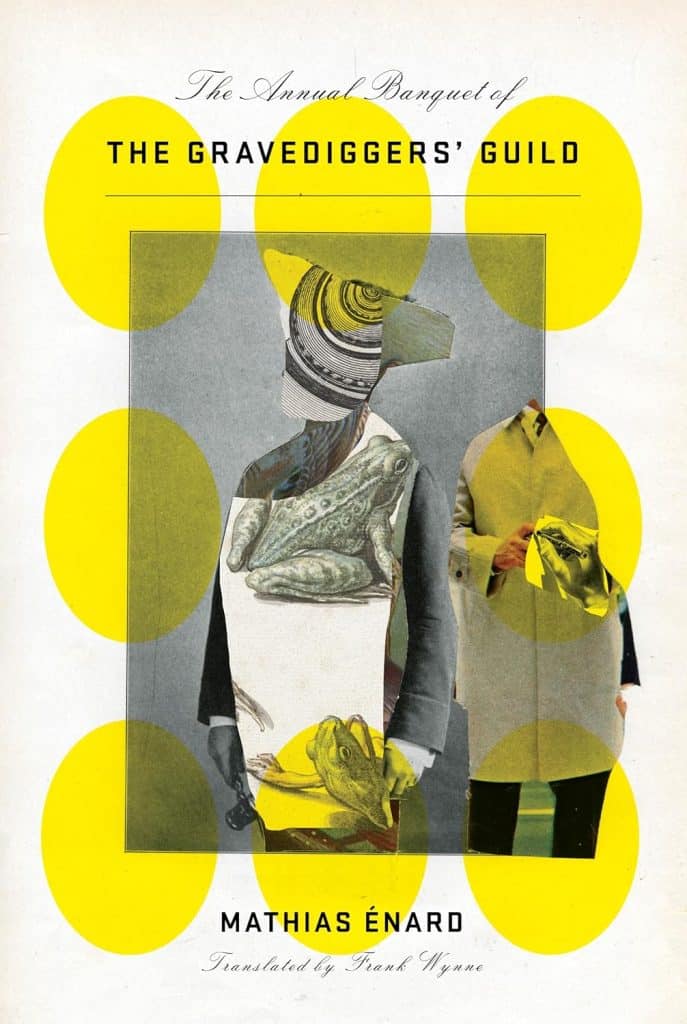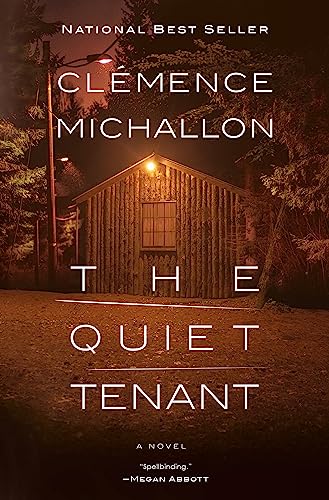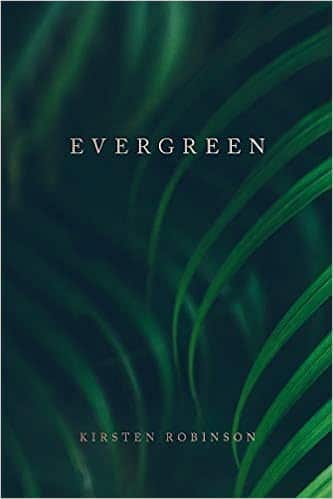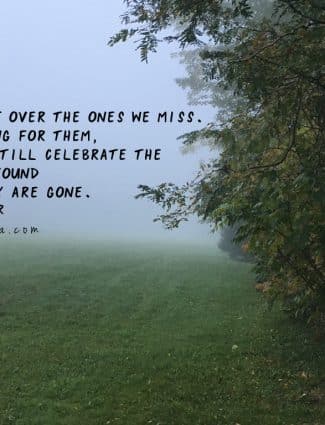
Will the Fog of Grief Dissipate Over Time?
Estimated reading time: 0 minutes, 42 seconds The month of May has been foggier than in prior years.
The month of May has been foggier than in prior years.
Raindrops are sometimes only drizzling, and other times we have a downpour that risks street flooding.
The seasons may not be synchronized with historical patterns, but they arrive.
If Spring is the season of rebirth, why am I not able to find happiness in the plethora of blooming flowers?
Perhaps the fog of grief has left me dizzy and unable to fathom the revitalization occurring around me.
If today’s fog can burn off by midday, why can’t the gloom of grief dissipate into thin air?
When you buy a book or product using a link on this page, I receive a commission. Thank you for supporting Sharing Jan’s Love blog.


